| Trouble viewing this email? Read it online. |

| May 14, 2021 | Submit a Note |
|
Like many of you, I am disoriented and rattled by a tumultuous week on campus. From the regrettable breakdown of negotiations over a union election to President Kevin O’Brien's unexpected resignation, there is much to process and grieve. I hope that you are able to find and take the time to reflect, nurture and recharge even as we sprint to the end of the academic year. I find ongoing comfort and inspiration in your work, some highlights of which appear in our weekly College Notes, like the ones you will find below. In true SCU fashion, each of the highlights below reports on some aspect of what we call in the Jewish tradition, tikkun olam, or “repairing the world.” Thank you so much to all of you for this critical, valuable work. To end on a high note, I want to offer big congratulations to Anna Rivard, who recently passed the bar exam and will be graduating with a J.D. from SCU on May 22. Anna has been an integral part of the Dean's Office and the College for quite some time now. Her can-do attitude and willingness to step in where needed have been an invaluable asset, and I am so grateful to have her as part of our team. Sincerely, Daniel
Highlights

Mary Elaine Hegland (Professor Emeritus, Anthropology) published an article, “Child Marriages and Their Results: Insights from Women’s Stories,” with Maryam Karimi, in the volume, Temporary and Child Marriages in Iran and Afghanistan, edited by S. Behnaz Hosseini.

Omar Davila Jr. (Child Studies), along with Mac Mann-Wood '22 (Child Studies and English), William Martinez '23 (French & Francophone Studies) and Maria De La Lima '23 (Child Studies and Ethnic Studies), fellows in the Future Teachers Project, published a commentary entitled, "Returning to Normal? The Zero-Sum Phenomenon and Imagining Otherwise," in Teachers College Record. Herein, they highlight the zero-sum phenomenon in education, wherein the success of a few students requires the nonsuccess of others. Simply consider selective enrollment, tracking, and standardized testing. They employ abolitionist perspectives to critically analyze the future of schools and learning, while putting forth new lines of inquiry, in an effort to reimagine what counts as "transformative" education. This publication stems from research and ongoing philosophical reflections via the Future Teachers Project (FTP). Under the leadership of Omar Davila Jr., this program prepares undergraduate students to become teachers and leaders in urban communities through scholarly research, publication opportunities, and community engagement.
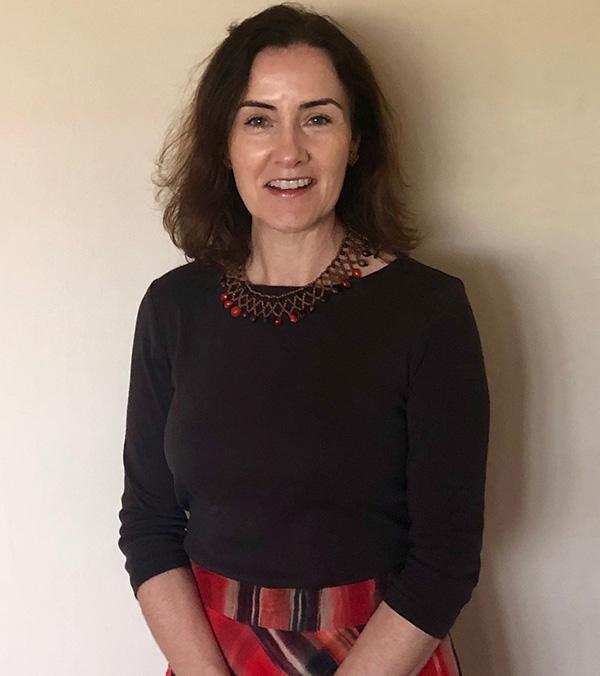
On April 23, Theresa Conefrey (English) gave a talk entitled “Transformative Moments” at the Storytelling for Professional Growth Conference with Sharon Ravitch. This is the third in a series of conferences organized by the Center for Research in Storytelling (CSRE) in Education at St. George’s University in Grenada, West Indies. CSRE’s mission is to use storytelling to create more equitable spaces for teaching and learning. Theresa Conefrey also has a chapter called “Education is something that can never be taken away from you” in CSRE’s recently published book edited by Laura Colket, Tracy Penny Light, and M. Adam Carswell and titled Becoming: Transformative Storytelling for Education’s Future.
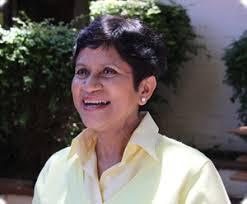
Aparajita Nanda (English) participated virtually in the Research Seminars and Events series hosted by Sheffield Institute for Interdisciplinary Biblical Studies, University of Sheffield, United Kingdom. These seminars provide a window into some of the latest cutting-edge research from a wide range of topics. The talk, "What is a Sacred Text if 'God is Change'? Interrogating the Function of Octavia Butler's Books of the Living in light of Hebrew Wisdom Texts," investigated both Biblical and Butlerian notions to learn more about the function and genre of "sacred texts."

Alma M. Garcia (Sociology) has published her memoir, The Club Oasis: Childhood Memories (Floricanto Press, 2020). She introduces the reader to Pinky Garcia, her younger self who grows up in the border city of El Paso, Texas during the1960s. She creates the Club Oasis, a magical world in her upstairs porch, a space in which her imagination soars with the love, encouragement and tenderness of her parents, particularly her father who shares Pinky's adventures with a sense of humor, playfulness and endearing enchantment. In her review, Norma E. Cantu, the Norine and Frank Murchison Distinguished Professor of the Humanities at Trinity University describes the memoir as "a series of linked coming-of-age stories that harken back to an almost idyllic time in El Paso. Glimpses of the racist and discriminatory border world tell a more nuanced and complicated narrative than the apparent calm existence gleaned from the child's perspective." Francisco Jiménez (Professor Emeritus, Modern Languages & Literatures) describes Garcia's Club Oasis as "a heartwarming and memorable story about 'Pinky' a wonderfully precocious and intelligent child whose creative imagination touches our heart and makes us laugh. With rare honesty, she vividly illuminates her boundless love for family, especially her father, and inspires children to reach for the stars. It’s a must read." Historian Vicki Ruiz states that "infused with the optimism of youth, Pinky's adventures will resonate across generations." Image: Alma M. Garcia is the daughter of a Mexican immigrant father and a U.S-born Mexican woman.
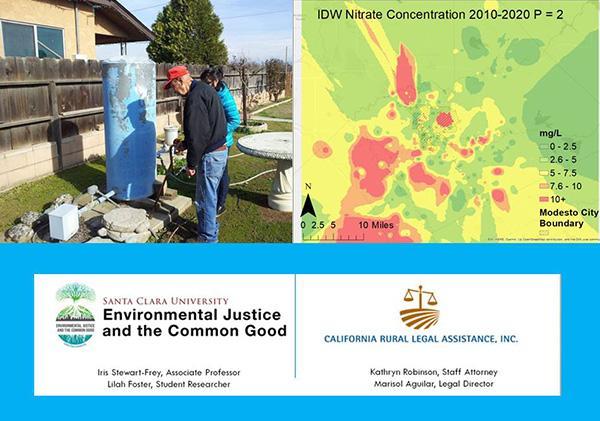
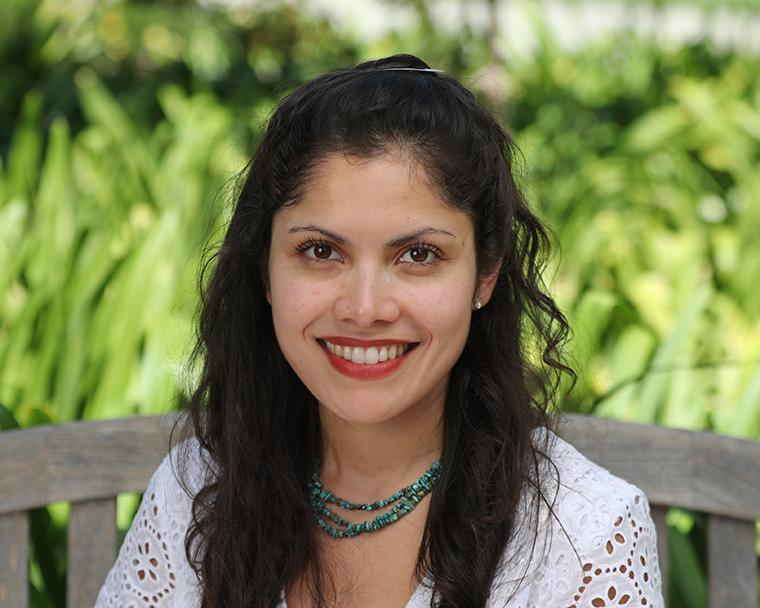
Jesica S. Fernández (Ethnic Studies) published a paper in the Reflexiones Pedagógicas section of the journal, Latino Studies, entitled "Testimoniando El Presente under COVID-19: A pedagogical reflection on the Testimonio essay assignment." In this paper, Jesica describes an assignment students were encouraged to engage in order to process and document their own and their families’ and/or communities’ experiences of loss and radical hope, amidst public health crises, and unjust conditions under COVID-19. The intentions of the assignment were to encourage students to engage with community stories unfolding in relation to the pandemic, and to develop their critical thinking and writing. The paper invites educators to consider how we can leverage the multidisciplinarity of Latinx studies as a field, along with communities’ strengths, to guide a decolonial pedagogical praxis of teaching–learning via critical reflexivity and relationality in community with others.
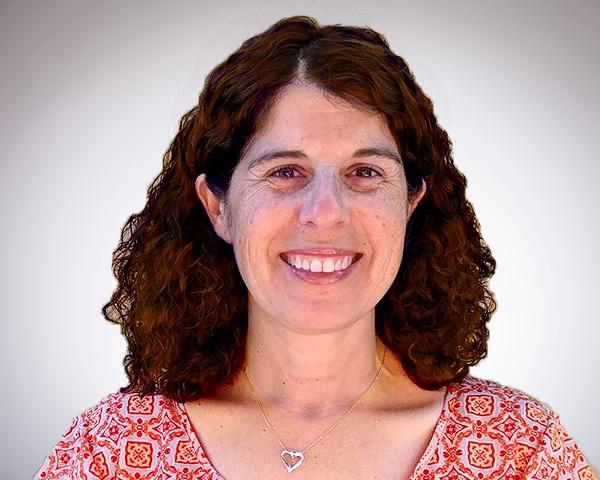
Three Engineering World Health (PHSC 193) student teams presented social impact pitches in front of an audience and panel of experts at the virtual Global Health and Innovation Conference April 8-11. Orlando Caballero '22 (Public Health Science) represented his team's project on the development of culturally relevant educational modules for community health workers using the Care @ Home system in India, Tia Halsey '21 (Public Health Science and Anthropology) presented on the evaluation of the UFEEL mental health application, and Hannah Rubens '21 (Public Health Science) presented on the development of MARTHA, an offline mobile education platform for out of school refugee youth in Cameroon. These projects are mentored by Michele Parker (Public Health) and are collaborations with Silvia Figueira and students in the School of Engineering. Image: Michele Parker
College of Arts and Sciences Calendar
|
| College of Arts and Sciences |
Questions? Contact Sandy Boyer |

